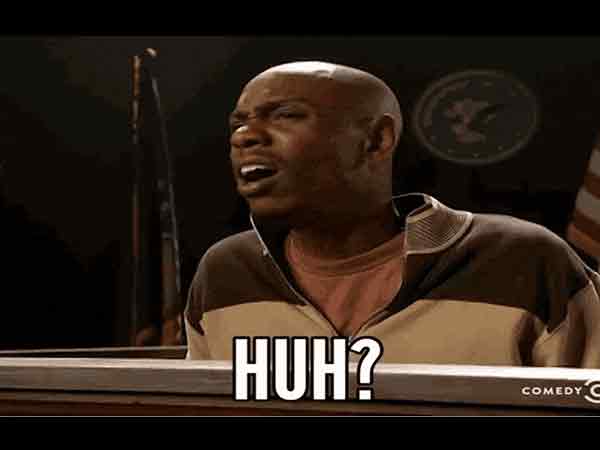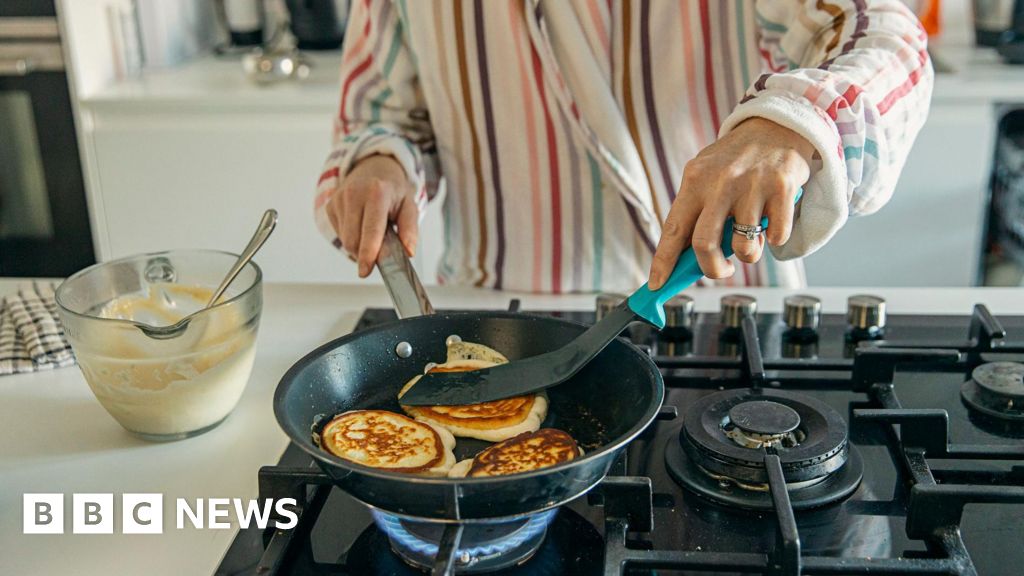How to Choose the Best Lottery Retailer for Your Winning Experience

Key Takeaways

- Understanding Lottery Retailers: They are authorized businesses that sell lottery tickets, providing community engagement and excitement around potential winnings.
- Types of Retailers: Lottery retailers can be convenience stores, gas stations, grocery stores, or specialty shops, each catering to different audiences and needs.
- Operational Guidelines: Retailers must follow strict licensing and regulatory guidelines, ensuring responsible gambling practices and community trust.
- Sales Process: The ticket sales process involves straightforward steps from purchasing to payment, emphasizing efficiency and customer interaction.
- Revenue Potential: Retailers benefit financially from ticket sales and commissions, with the potential for increased sales from associated products and jackpot events.
- Community Contribution: Lottery retailers enhance community life by fostering connections and supporting local initiatives through a portion of lottery proceeds.
If you’ve ever dreamed of hitting the jackpot, you know the excitement that comes with buying a lottery ticket. But have you ever considered the role of the lottery retailer in this thrilling experience? These local businesses not only sell tickets but also create a sense of community and anticipation among players.
What Is a Lottery Retailer?

A lottery retailer is a business that sells lottery tickets to consumers. These retailers play a crucial role in the lottery system, connecting players with their chance to win cash prizes while contributing to the local economy.
Definition and Role
A lottery retailer refers to a storefront that has been authorized to sell lottery tickets and products. These retailers serve as more than just ticket sellers. They create a friendly atmosphere where players can share excitement and anticipation, enhancing the overall lottery experience. Retailers also support their businesses by promoting lottery games, which can boost foot traffic and sales of other products.
Types of Lottery Retailers
Lottery retailers come in various forms, including:
- Convenience Stores: Local spots that offer quick access to lottery tickets along with everyday items.
- Gas Stations: Businesses where customers can fuel up and purchase lottery tickets simultaneously.
- Grocery Stores: Larger establishments that may have dedicated lottery sections and facilitate impulse purchases.
- Specialty Shops: Retailers focused entirely on lottery products and related merchandise.
Each type of retailer serves a unique audience, making lottery participation accessible to everyone in the community.
How Lottery Retailers Operate

Lottery retailers function as essential hubs for lottery ticket sales. These storefronts not only facilitate the purchasing process but also create excitement within your community.
Licensing and Regulations
Lottery retailers must adhere to strict licensing and regulatory standards set by state governments. You’ll need to apply for a retail lottery license, which typically requires background checks and compliance with local laws. This licensing process ensures accountability and integrity in your operations. Each state may have unique guidelines, but common requirements include age verification for purchasers and training for staff on responsible gambling practices.
Sales Process for Lottery Tickets
The sales process for lottery tickets involves a straightforward yet crucial series of steps.
- Ticket Purchase: Customers approach your counter, request tickets for specific games, and inform you of their preferred numbers or quick-pick options.
- Verification: You scan the ticket or enter details into your point-of-sale system to generate a ticket printout.
- Payment Handling: After verifying the ticket, you process the payment, which can usually be made in cash or through electronic methods.
- Ticket Distribution: You hand the completed ticket to the customer, along with any receipts or promotional materials.
Understanding this process ensures you serve your customers efficiently while maximizing your store’s lottery sales potential. Each interaction represents an opportunity to engage with your community and foster loyalty among players.
Benefits of Being a Lottery Retailer

Becoming a lottery retailer provides several advantages for small businesses, enhancing both profits and community engagement.
Revenue Generation
Lottery retailers enjoy an increase in revenue through ticket sales and commissions. You earn a percentage from every ticket sold, creating a consistent income stream. Many customers visit your storefront explicitly for lottery purchases, leading to additional sales of products like snacks, drinks, or other convenience items. This dual revenue model boosts your overall earnings and helps establish your business as a local destination. Furthermore, jackpot announcements can significantly drive ticket sales, resulting in spikes in revenue during major draw events.
Community Impact
Lottery retailers play a vital role in your community by creating a sense of anticipation and excitement. You become a hub for local players, fostering connections and a strong sense of camaraderie among them. Additionally, a portion of lottery proceeds often supports public programs, including education and infrastructure projects. This contribution enhances your community’s quality of life, making your small business a valuable partner in community growth. By participating in local events and promoting responsible gaming, your storefront can also enhance its reputation and strengthen customer loyalty.
Challenges Faced by Lottery Retailers

Lottery retailers encounter several challenges that can impact their operations and profitability.
Competition and Market Saturation
Competition among retailers intensifies as more storefronts enter the lottery market. Existing retailers must differentiate themselves to attract customers. Many small businesses face pressure from large chains that offer lottery tickets along with diverse products. You’ll find that maintaining unique customer experiences, leveraging community ties, and providing personalized service can set your small business apart. Additionally, a saturated market can lead to diminishing returns, requiring you to innovate and implement effective marketing strategies.
Compliance and Legal Issues
Lottery retailers face stringent compliance and legal requirements that govern their operations. Licensing requirements often include background checks and adherence to local laws, ensuring accountability within the retail framework. You must stay informed about changes in regulations, as failure to comply can result in penalties or loss of your license. Understanding these legal challenges allows you to operate your small business more effectively, ensuring that you foster trust and integrity with your community while enhancing your reputation as a responsible retailer.
Conclusion

Being a lottery retailer offers a unique opportunity to connect with your community while boosting your business. You play a vital role in creating excitement and anticipation around lottery games. By fostering relationships with your customers and engaging in local events, you can enhance your reputation and encourage loyalty.
However, staying competitive in a saturated market requires innovation and a keen understanding of compliance regulations. Embracing these challenges can lead to increased revenue and a stronger community presence. Ultimately, your commitment to responsible gaming and community engagement not only benefits your business but also contributes to the overall quality of life in your area.
Frequently Asked Questions

What is the role of lottery retailers?
Lottery retailers serve as authorized storefronts selling lottery tickets, facilitating the connection between customers and the potential to win cash prizes. They also foster community engagement and anticipation among players while contributing to the local economy.
What types of businesses can be lottery retailers?
Lottery retailers include various businesses such as convenience stores, gas stations, grocery stores, and specialty shops. Each type caters to unique audiences, making lottery participation accessible to everyone in the community.
How do lottery retailers contribute to the local economy?
Lottery retailers enhance the local economy by generating revenue through ticket sales and commissions. A portion of lottery proceeds often supports public programs, improving the community’s quality of life.
What are the challenges faced by lottery retailers?
Lottery retailers face challenges such as competition, market saturation, and stringent compliance with local laws. Keeping up with regulatory changes is essential to avoid penalties and maintain their operations effectively.
How do lottery retailers operate in the sales process?
The sales process at lottery retailers includes ticket purchase, verification, payment handling, and ticket distribution. Understanding this process is vital for efficient customer service and maximizing lottery sales.
What are the benefits of being a lottery retailer?
Lottery retailers benefit from increased revenue, customer traffic, and community engagement. They can foster player loyalty and enhance their reputation by promoting responsible gaming and participating in local events.
Image Via Envato
This article, "How to Choose the Best Lottery Retailer for Your Winning Experience" was first published on Small Business Trends
What's Your Reaction?
 Like
0
Like
0
 Dislike
0
Dislike
0
 Love
0
Love
0
 Funny
0
Funny
0
 Angry
0
Angry
0
 Sad
0
Sad
0
 Wow
0
Wow
0






























































































